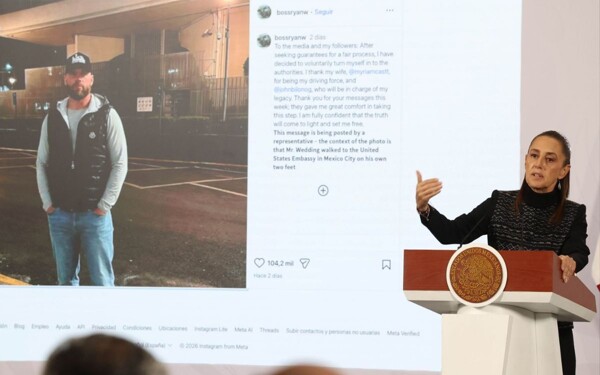
Mexico City stands out as a diverse stage rich in heritage, ideal for social tourism, an initiative that seeks to provide access to tourist and cultural activities for historically marginalized groups. This approach aims to promote equity, strengthen social relationships, boost the local economy, and broaden the cultural horizons of those who have limitations in leaving their environment.
Social tourism, unlike traditional tourism, has the primary goal of including vulnerable groups. To achieve this, it is essential to integrate tourist transport routes with the regular mobility network, ensure accessibility for people with disabilities, and have clear and multilingual signage. Additionally, it is necessary to establish partnerships among authorities, the private sector, and civil organizations to expand tourism programs, improve visitor experience, and promote a culture of hospitality among local residents.
Mobility plays a crucial role in social tourism, requiring a solid and connected transportation system. Mexico City presents itself as a mosaic of unique experiences across its 16 boroughs, ranging from the canals of Xochimilco and the pre-Hispanic remnants in Cuicuilco to the Porfirian architecture of Roma and the stories of the Historic Center. Programs like Colibrí Viajero offer thousands of people the opportunity to explore the city on tourist buses with specialized guides and free access to museums, parks, and cultural centers.
Discovering the city’s heritage strengthens identity, generates pride, and builds community. In a context where diversity and inclusion are fundamental, tourism represents a tool to foster economic growth, promote sustainable development, and strengthen tolerance among peoples. Mexico City faces challenges and opportunities in this regard, with mobility programs such as the expansion of the Metrobús and the modernization of the Metro that seek to make tourism accessible for all.
More than 60 tourist routes and 80 iconic sites are part of this inclusive network in Mexico City, which stands out as an open and welcoming host for locals and visitors. Initiatives such as social tourism and the promotion of events like the World Cup aim to make the capital a prejudice-free tourist destination, strengthening the city’s identity and fostering social integration.












